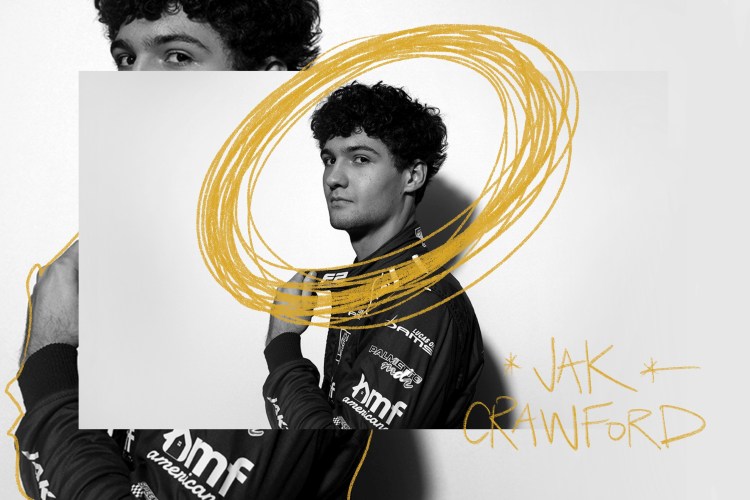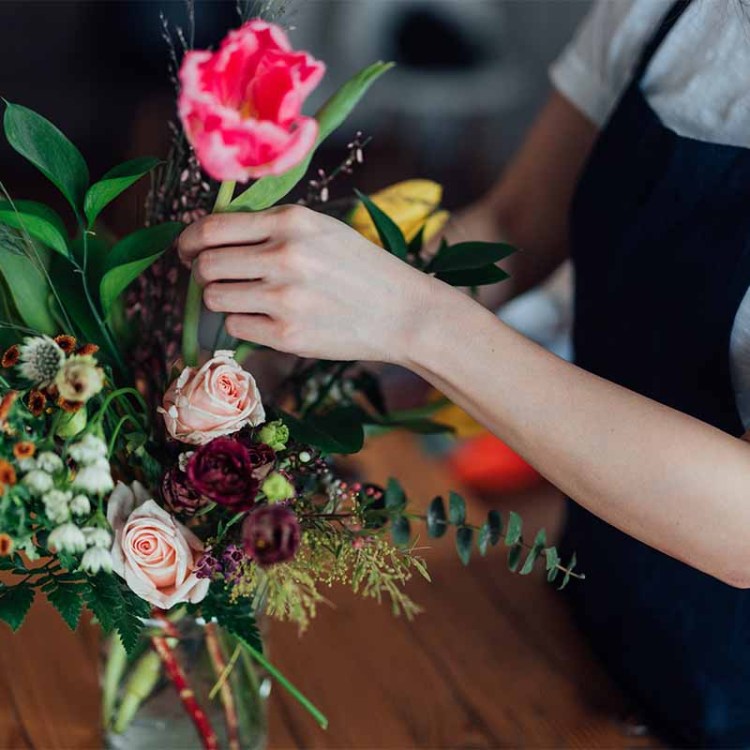I’m in a throuple (a three-person relationship). Perhaps unsurprisingly, people often have a lot of questions about this. As a person who writes about sex for a living, I don’t mind answering these questions — and so far I’ve been lucky in that they have (usually) been asked in an open-minded and genuine way.
Here are the top ten questions about being in a throuple that I usually field — from friends and strangers alike.
So how long have you been together and how did you all meet?
My partner Paul and I had been together for eight years when we met Andrea on Feeld, a dating app that’s popular among people looking for polyamorous set-ups. We were all initially looking for something casual, but quickly realized we’d seriously hit it off and perhaps this would turn into something more than the friends-with-benefits set up we’d expected.
We’ve now been an official throuple for two and a half years. We’ve met each other’s friends and families and have just moved in together.
Ok, but how does a three person relationship even work?
There are lots of different ways a three-person dynamic can function. In some triads, one person will date the other two, but those two people will not date one another (this is sometimes called an ‘open ended triad’). In our throuple, everyone is dating each other. In this kind of set up, each individual actually has FOUR dynamics to think about: their relationship with one partner, their relationship with the other partner, the relationship of all three people together, and their partners’ relationships with each other. If that sounds like a lot, it’s because it kind of is.
These kinds of relationships do take work, a lot of communication, as well as openness and compromise, but that should be true of any relationship. Communication really is the key, and expressing our feelings — even when it’s uncomfortable to do so — is something we’ve had to get used to.
Don’t you get jealous?
Of course. Jealousy is a normal part of any relationship, including monogamous, platonic and even family ones. Being in a polyamorous dynamic doesn’t mean you’re somehow immune to jealousy. But you do have to work hard to be aware of jealous feelings when they crop up, and try to think carefully about what’s really causing them.
Feelings of jealousy are almost always rooted in deep personal hangups that have little to nothing to do with the reality of the situation. Perhaps a previous partner avoided spending time with you right before a break up, for example, and now jealousy arises if your partner makes plans with a friend or colleague and doesn’t include you. You might be bringing previous experiences to a new situation as evidence of something being wrong, without considering that the situations themselves are not the same. But by thinking through where the feelings come from, you can communicate this and stop jealousy from bubbling over. Feeling jealous doesn’t have to be a bad thing — it’s all about how you choose to act on this feeling.
What’s the difference between having two partners and cheating?
Cheating involves dishonesty. In polyamorous dynamics of all kinds, everyone involved is aware and consenting. That said, there are still rules and boundaries that need to be negotiated among the people involved. A person who is polyamorous can still cheat on their partners, but what constitutes cheating in any given relationship will have been defined by the partners involved.
We’re what’s known as a closed throuple, meaning we don’t date other people outside of our triad. So cheating for us wouldn’t be all that different from how most people in a monogamous couple would define it. For example, if I or one of my partners went to a club and then went home with somebody and slept with them, we’d say they’d cheated. But an open triad (a group of three people who do date outside of the relationship) might agree together that they can date and sleep with other people, as long as they tell the others about it. Only secrets, or situations where someone has lied, would constitute cheating.
Did you just get bored of monogamy, or what?
It’s not really a case of getting bored of monogamy. It’s more like realizing suddenly that it’s not the only option.
We’ve all grown up with monogamy in songs and films and books, on Valentine’s Day and printed on anniversary cards and in holiday brochures selling couple’s packages and a million other places. Monogamy is presented as the societal default, and a lot of its lessons have to be unlearned: mainly, the idea that you can (and should) only love one person at a time.
So…do you all sleep in the same bed?
People really love to ask this… I’m not sure why. Of all the questions people could ask, this one is by far the most popular.
Yes, we sleep in the same bed. But it’s quite large, and we have separate duvets (this is a very important polyamory life hack to make sure the person in the middle doesn’t turn to human lava in the night).
I can’t comment on whether all throuples choose to share a bed, but we do.
Ok, moving on…
How do you make time for more than one partner?
One of the great things about our relationship and, I think, one of the reasons it works so well, is that we all have different things to offer one another, and different interests in common. Andrea and I have more similar taste in music and movies than we share with Paul, for example. So a date night for us might be a gig or a trip to the cinema to see a horror movie. Andrea is vegetarian, while one of mine and Paul’s favorite restaurants is an Argentinian steak place. And Paul and Andrea are both into rock climbing, an activity I’d rather eat my own hair than get involved with.
Being happy for your partner to be with someone besides you, and to benefit from that (this is known as ‘compursion’) is important in making a three-way dynamic work. We try to be realistic about logistics: it’s just harder for partners in throuples to all be free at the same time than it is for a couple. We try to carve out quality time together as possible, but we also try not to get too much FOMO if, for some reason, one of us can’t join. Or sometimes, it might be that one of us feels like staying home with a book or Netflix (this is usually me) while the other two hit up some bars. A major perk of a throuple is that, with two partners, there’s more chance someone will match your energy; you almost always have at least one partner in crime.
And, of course, making time for yourself, your hobbies and your friends is important too. We respect each other’s time and don’t expect to be constantly joined at the hip(s).
How do people react?
Maybe this says more about our friendship group than society at large, but our friends have been totally cool and open minded, and we’re lucky to be able to say our families reacted the same way. (Sadly, this won’t be the case for everyone and I really do feel lucky that our families were only concerned about our happiness.)
Strangers sometimes look twice. Out in public we’ll sometimes catch people staring (it’s always much less subtle than they think), whispering to their partner, trying to figure us out. But we live in East London; our borough flies the LGBTQIA+ flag over the town hall. People don’t really care who you choose to sleep with here. Again, we’re incredibly lucky in this. Not everyone is so fortunate.
Vacations have raised a few raised eyebrows, particularly when we explain that, no thank you, we don’t need an extra bed in that double room we’re all sharing. Last year, at a resort in Cyprus where the average age was about 78, the staff were especially chatty with us each morning at breakfast. We suspected they were taking bets amongst themselves as to what the hell was going on with the two women and the man in room 332. But, again, so far we’ve been lucky to avoid any open hostility or genuine trouble.
But what about the future?
Something that people really seem to struggle with is imagining our dynamic working long term. This is because most of the markers we, as a society, use to know whether a relationship is developing — whether it’s “going somewhere” — come from monogamy. Moving in together, getting a pet together, getting married, having a baby. People think that polyamorous people can’t do these things, or won’t want to.
In fact, apart from getting married, polyamorous people can take part in all of these relationship milestones. (And although the ins and outs of polyamorous marriages are complicated — and often get confused with polygamous marriages, which are not the same thing at all — there have been cases of three people creating their own legal unions, so maybe throuple marriage could be a not-too distant reality.) In California last year, a throuple won a legal battle to all be named on their children’s birth certificates, making them the first official throuple parents. Obviously three people can get a pet (we have a cat, she dislikes us all equally), and I know from experience that a throuple can definitely live together.
The cool thing about polyamorous relationships is that you get to make your own rules. Some of the things you choose to do might be the same as a monogamous couple would do, and some might be different. The instinctive sense that polyamorous people “can’t” do these things comes from years and years of seeing monogamy as the norm. In fact, in the early days of our relationship we sometimes felt sad that we’d “never be able” to do things that couples do — until we simply realized: Wait, why the hell not?
How do I know if this dynamic is right for me?
The only person who can answer that is you. If throupledom, or polyamory of some other kind, is something you’re interested in, take some time to think carefully about what you do and don’t want — what your needs are individually and within a relationship.
Also, read up on polyamory. Nobody can tell you how to feel about non-monogamy, but by reading about the experiences of others and delving into some of the social constructs that often unconsciously lead us, you can start to at least understand why you might feel a certain way. And that’s a helpful place to start.
For more info on polyamory and non-monogmy, Jessica Fern’s Polysecure is a great very no-nonsense read that might especially appeal to people interested in psychology and attachment styles. And for bitesize info, there are loads of great educational accounts on Instagram about polyamory, including Poly Philia and polyamfam.
Whether you’re looking to get into shape, or just get out of a funk, The Charge has got you covered. Sign up for our new wellness newsletter today.

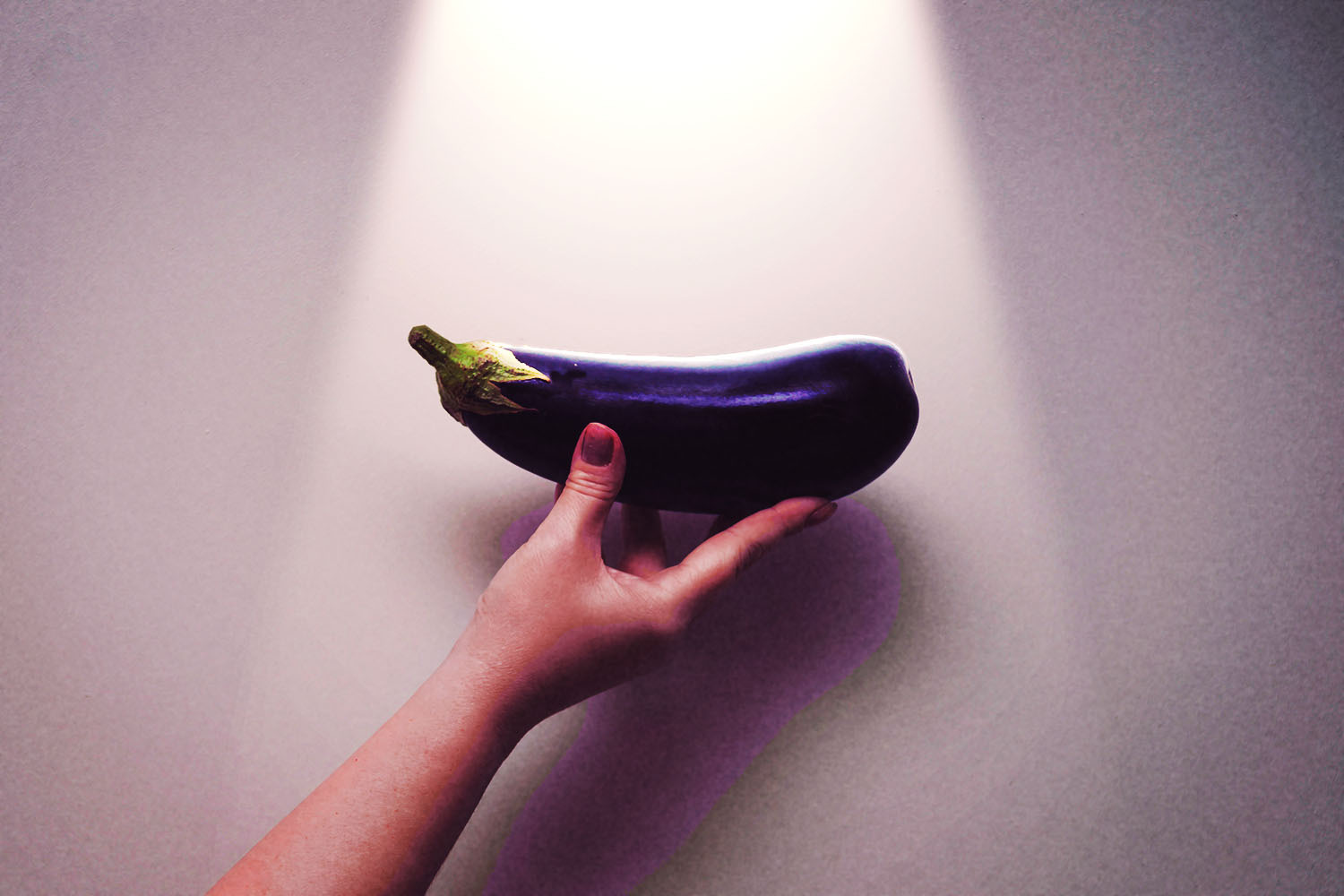


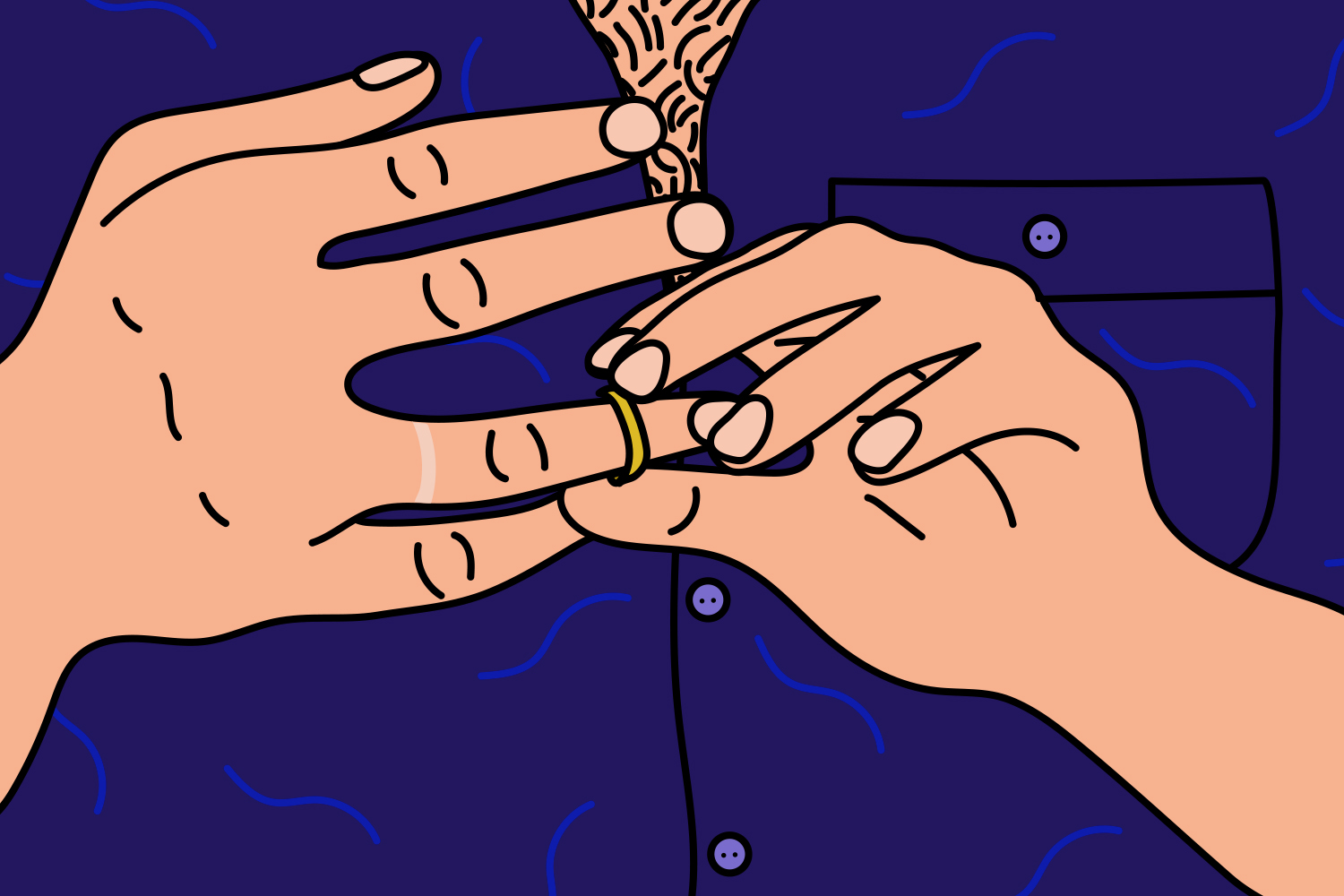





![Ulysse Nardin BLAST [AMOUREUXPEINTRE]; Shinola Circadian Monster 36; Chopard L.U.C LUNAR ONE; Tudor Black Bay Chrono Flamingo Blue; Mark II Fulcrum 39](https://www.insidehook.com/wp-content/uploads/2025/01/Watch-Header.png?resize=450%2C450)
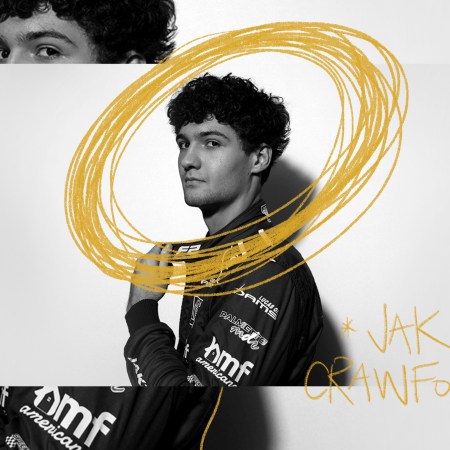

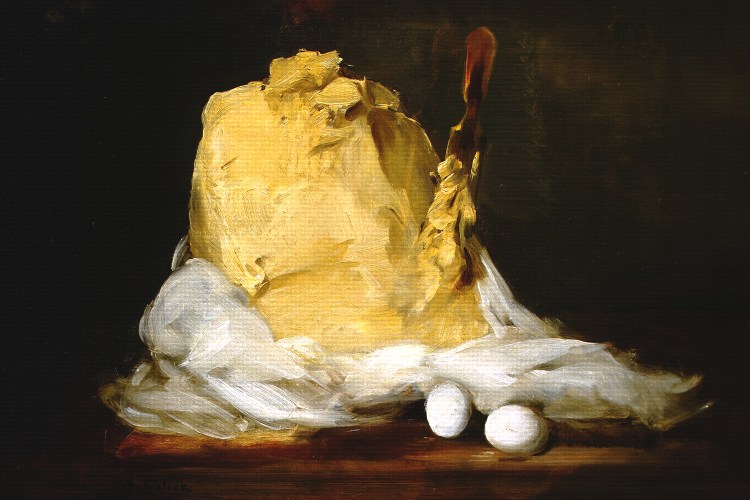


![Ulysse Nardin BLAST [AMOUREUXPEINTRE]; Shinola Circadian Monster 36; Chopard L.U.C LUNAR ONE; Tudor Black Bay Chrono Flamingo Blue; Mark II Fulcrum 39](https://www.insidehook.com/wp-content/uploads/2025/01/Watch-Header.png?resize=750%2C500)
